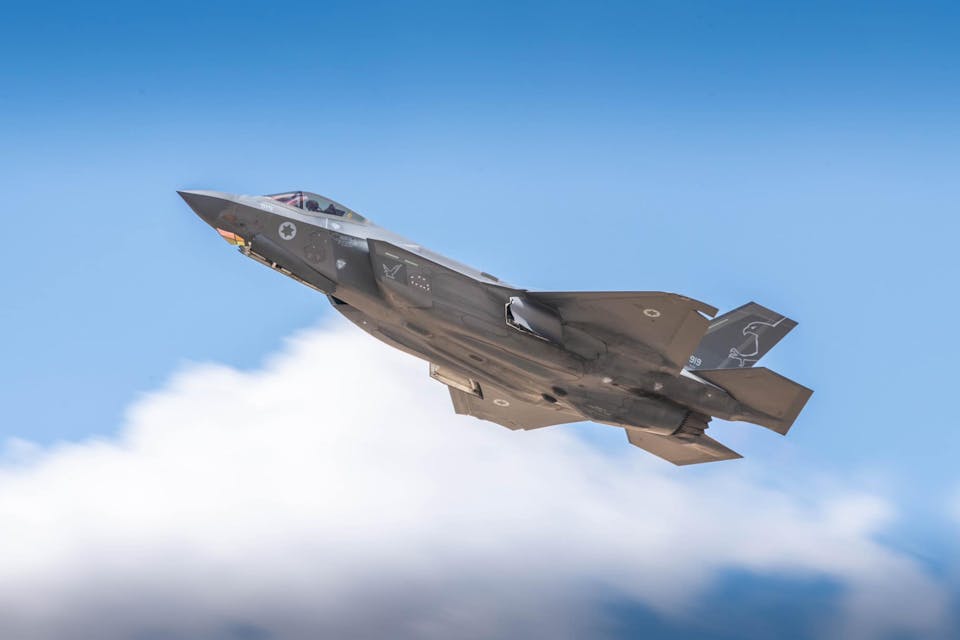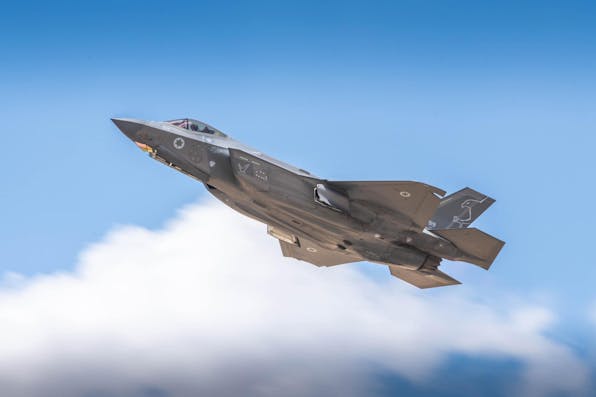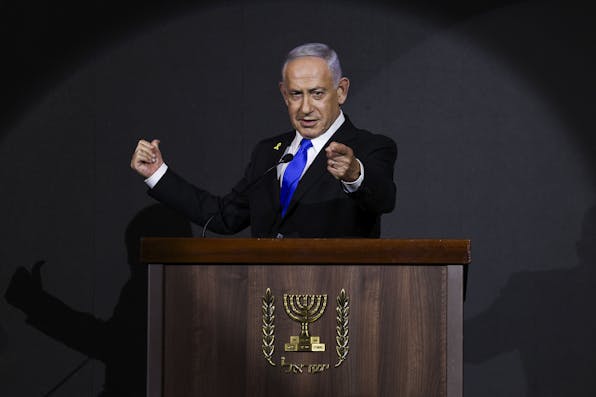
November 20, 2025
How Israel’s Victory Strengthens America’s Hand
While Western media talk up Israel’s isolation, its neighbors are moving closer to it after two years of military success.
“From diplomacy to soccer, Israel is becoming a pariah on the global stage.” Thus a September headline from an article on the CNN website, which went on to detail how Israel is “increasingly isolated” due to the war in Gaza, and faces “backlash seeping into economic, cultural, and sporting arenas.” The article had much to say about condemnations from European governments and human-rights organizations, votes in the UN General Assembly, and a possible boycott from the Eurovision song contest. Such analyses have become something like conventional wisdom throughout the West. Typically, they have little to say about strategy or security.
Arthur Herman, in his masterful analysis of Israel’s war and its diplomatic consequences, takes a different approach, arguing that military success has left the Jewish state anything but isolated. While this approach may seem counterintuitive to those who get their news from English-language sources, it’s very much in keeping with the perception of the war in the Middle East. In the West, analysts tend to focus on symbolism, reputational harm, and shifting public moods, none of which informs how governments in the region make decisions. The calculations of Middle Eastern regimes turn on more concrete questions: who commands intelligence superiority, who can blunt Iranian power, and who remains anchored in the American security system. By those measures, Israel has become indispensable. Its performance on the battlefield and its record in covert operations have only reinforced its value to governments that prioritize their own survival and long-term modernization.
In what follows, I’d like to expand on this point, paying special attention to how recent diplomatic developments connect to global competition between America and China. It’s necessary to begin, however, with the motivations behind Hamas’s attack on October 7. Documents reviewed by the Wall Street Journal show that Yahya Sinwar and the Hamas leadership sought to halt the momentum of Israel–Saudi normalization and derail the wider regional realignment taking shape around the Abraham Accords. Their fear was not simply Israeli weakness but Israeli integration. Their objective was to break it. But the plan has backfired spectacularly. Israel’s military successes against Hamas, Hizballah, and Iran have accelerated the alignment Sinwar hoped to destroy. Rather than isolating Israel, the past year has made it a more valuable strategic partner.

